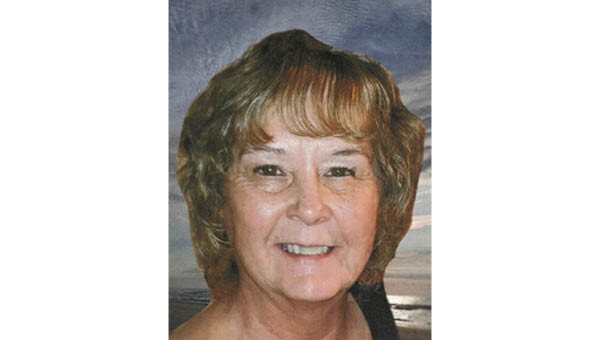Gov. Lee, rural Tennesseans need you to save their health care
Published 9:35 am Wednesday, May 15, 2019
BY WENDELL POTTER
When McKenzie Regional Hospital closed last fall, it meant more than the loss of the only hospital in rural Carroll County. It meant the loss of one of the county’s largest employers. It meant babies born in McKenzie can no longer be delivered there. It meant nursing students at Bethel University could not graduate and work locally. It meant people with life-threatening injuries had to be transported an additional 20 minutes for care — and close to an hour if the road to the nearest hospital flooded.
I traveled from Memphis to Knoxville last month to hear directly from Tennesseans about the health care problems they face. I once worked as a reporter in Memphis and Nashville and I grew up in Mountain City and Kingsport, so affection for Tennesseans runs in my blood. (I’m best known as the former head of public relations for big health insurance companies. I blew the whistle on the insurance industry during the Affordable Care Act debate.) The terrible toll closure of the McKenzie hospital had on that rural town repeated a theme I heard throughout the trip: Tennessee’s rural health care system has failed.
Today, more than a fifth of Tennessee counties no longer have a community hospital, largely because of the growing problem of uncompensated care. Seventeen do not even have an emergency room. Collectively, Tennessee rural hospitals provide more than $100 million in uncompensated care each year. With fewer hospitals, people in rural areas trying to recover from opioid addiction, already underserved in Tennessee compared to other states, will go untreated. People will travel further for care; some will die because of the distance. And every time another hospital closes, the economic problems plaguing McKenzie will continue to spread like a virus across rural Tennessee.
It’s no secret how rural Tennesseans voted in 2018. By margins of 40 and 50 percentage points, voters in rural counties delivered the governor’s mansion and legislature to Republicans. Governor, it’s time to deliver for them. It will require more than sending out-of-state consultants to rural towns to tell them why their hospitals closed — the primary policy solution included in last year’s Rural Hospital Transformation Act. It will require dollars.
It is a tenet of faith to many that the free market is infallible, that the government should just get out of the way and let the invisible hand of the market work its magic. The reality is that the invisible hand in health care has been devastating to rural communities across Tennessee and the country. Costs are higher than revenues at rural Tennessee hospitals, which has led them to close at a faster rate than anywhere else in this country. If we continue to expect rural hospitals to seek “innovation” or “profit centers” to survive, we’ll continue to see closures.
There are solutions. Republican governors of states that expanded Medicaid greatly strengthened the financial situation of rural hospitals in their states. (See Ohio.) But I recognize that’s more challenging in Tennessee than elsewhere. So rather than wait on legislators to send you a Medicaid-expansion bill, consider providing subsidies to Tennessee’s roughly 60 rural hospitals to cover their losses (a cost to the state of approximately $30 million annually, .0008% of Tennessee’s annual budget.) Why?
These hospitals are the main employers in their counties. The state will come out ahead. And there are lessons from other states. Last year, Georgia offered a dollar-for-dollar credit on state taxes to residents and businesses who donated to dozens of rural hospitals. Georgians ponied up $60 million — the most the state would allow.
This is the chance, governor, for you to save both jobs and lives in rural Tennessee. I urge you to take it.
(Wendell Potter grew up in Tennessee. He is founder of nonprofit investigative journalism website Tarbell.org, president of the Business Initiative for Health Policy and the author of several books. He previously served as head of corporate communications for Humana and Cigna.)





